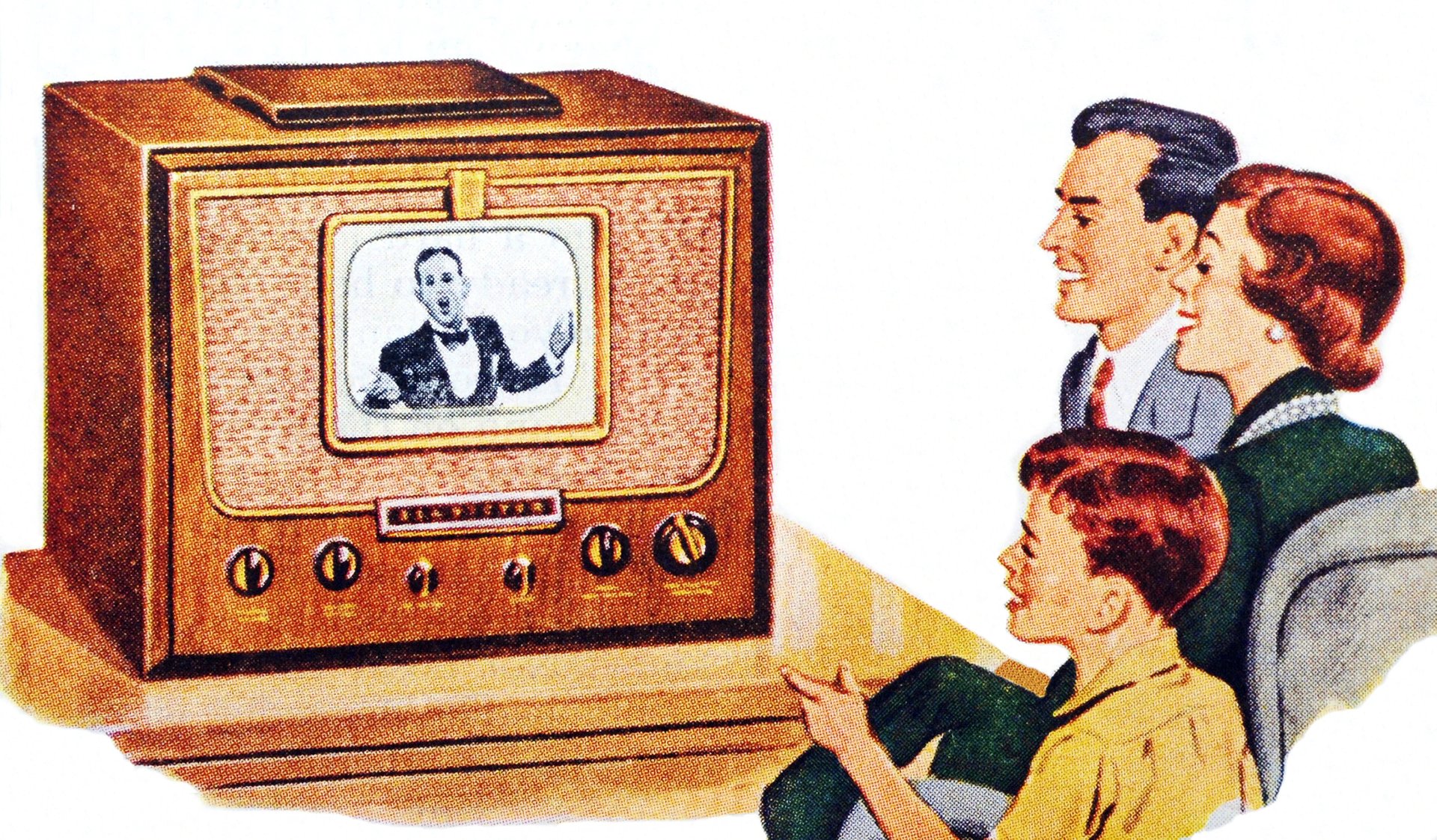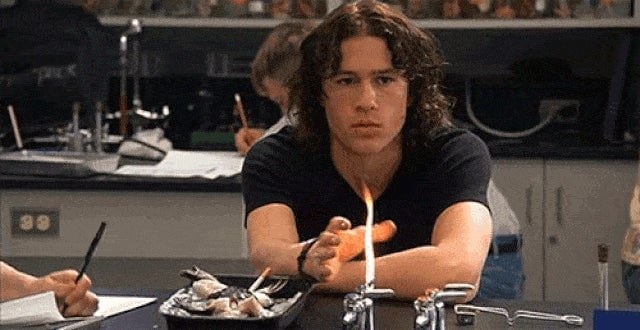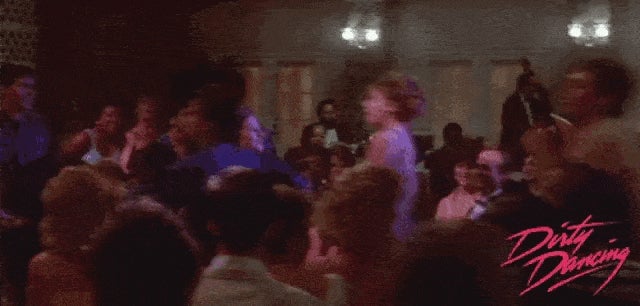Quartzy: the retrospective viewership edition
Happy Friday!

Happy Friday!
I’m Alex Ossola, Quartz’s deputy special projects editor, here today as your ghost of media past. One interesting side effect of Peak TV is that we’re rarely ever now watching the same thing. That can sometimes make it hard to connect with new people—or even friends. I’ve had more than one attempt at small talk flattened to two lines:
Me: Have you seen Fleabag?
So consider looking back. Older media is, for these purposes, a safer bet. For most of us, the movies, TV shows, and books we consumed at critical times in our lives shaped who we’ve become. They showed us different ways to love, that we should dare to have it all, that drama and levity are not (nor should they be) mutually exclusive.

But dipping back into that river is a gamble. Sometimes, the clarity that comes with adulthood—and with it, an awareness of sexism, racism, and other social injustices—illuminates how lacking or regressive a movie or show was in the first place. Others, it can show us that these stories are every bit as affecting and inspiring as they were the first time around. (I see you, Bill Nye.)
We’re trying it out. We’ve been revisiting our childhood favorites in Before We Knew Better, a series that’s part of How We’ll Win, Quartz’s project about workplace gender equality, which I run. The writers take unflinching backward looks at the roles of women, people of color, and LGBTQ characters at the hearts of their favorite works to illuminate new truths about them.

It’s not always fun. What we find is sometimes unsettling. Consider how Bewitched, long considered one of the first feminist TV shows, in fact showed then-budding feminist Holly Ojalvo that women should suppress their talent and independence to serve a husband. Though I admired Flashdance’s Alex Owens (Jennifer Beals) for her raw sexuality when I watched the movie in my teens, she was worryingly devoid of an inner life upon a later viewing. And Annaliese Griffin points out that, while The Silence of the Lambs’ Clarice Starling (Jodie Foster) offered a layered and nuanced feminist character, it regressively turned its trans characters into villains and monsters.

But you might discover something great. Don’t take this to mean you should be too precious about your youthful favorites, though. For all the hubbub about Baby and her corner, Dirty Dancing held a progressive subplot about safe access to abortion, Georgia Frances King discovered 32 years after its release. Oliver Staley found new magic in The X-Men, which he loved as a kid, when he recognized that the weather-controlling female superhero Storm (who was shortchanged in later film adaptations) was a trailblazing, badass hero—and the undisputed leader of the group. And though I was troubled by the dad’s rules and boys’ wager that drive the plot of 10 Things I Hate About You, I still giggled and sighed when Patrick (Heath Ledger) serenaded Kat (Julia Stiles), just as I did when I first watched it as a teen.
Look how far we’ve come. And even when the stories don’t stand up well, there’s a silver lining: they show you how far our society has come. (Also, you get to rewatch Baby Boom.) The simple fact of living in 2019 means life can be better, especially for everyone who isn’t a white, straight man—and our media-saturated era ensures that a greater diversity of folks get to tell more of their own stories. And while some of these older movies spotlight regressive stereotypes, they can also be prescient in other ways, and tap into something more universal—or even timeless—like the ongoing struggle to “have it all.”
Have a great weekend!



I humbly suggest that you spend some time this weekend seeing Hustlers, which I really enjoyed. It’s got heartfelt female camaraderie, catharsis for the 2008 financial crisis, and a ridiculously fit Jennifer Lopez—what’s not to like? A lovely blend of past and present media, the movie is one of several released over the past few years that began as a piece of journalism. (Unbelievable, The Farewell, and Tag are others.) If you haven’t read Jessica Pressler’s fantastic New York Magazine story on which the film is based, I highly recommend doing so, ideally before you’ve seen the film, which lifted some lines directly from it. (You might run into a few spoilers but it’s worth it.) I wonder if this movie will still play equally well in 30 years—or if J.Lo will have aged at all by then.